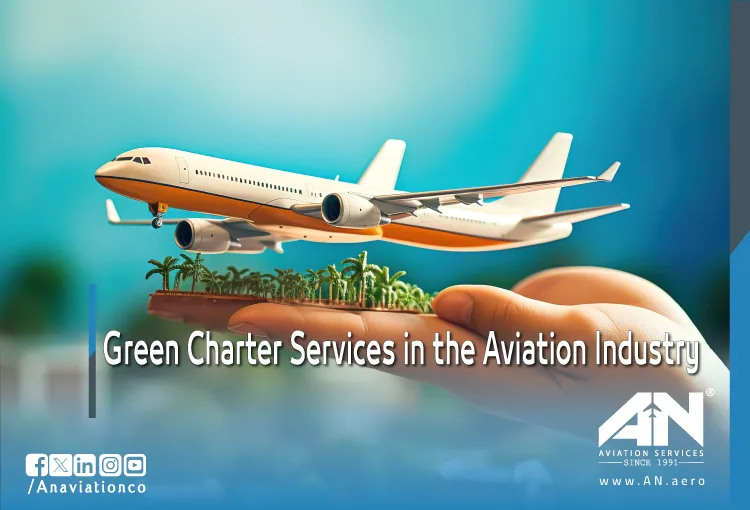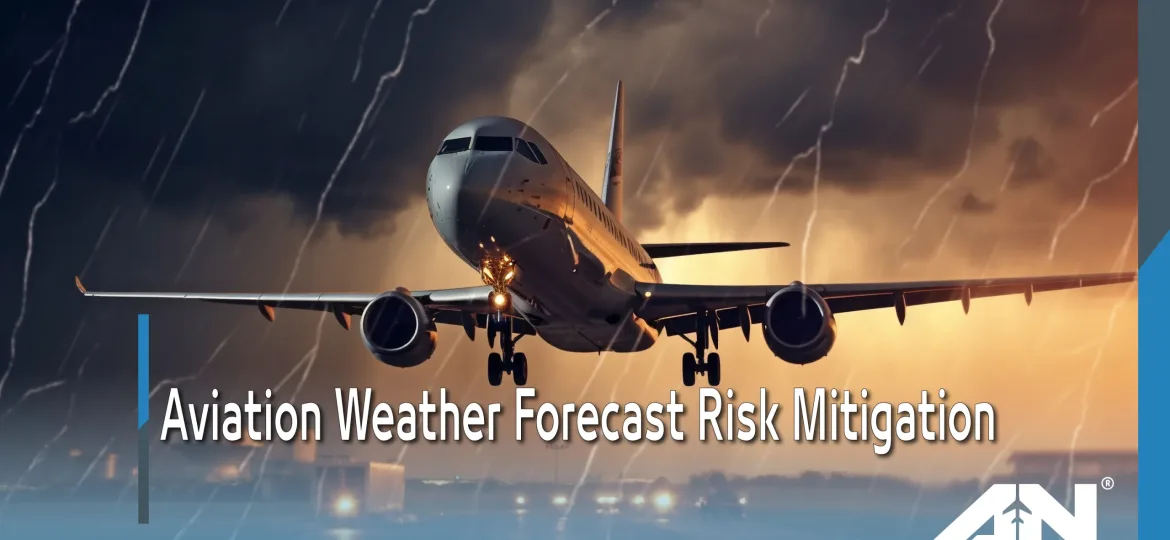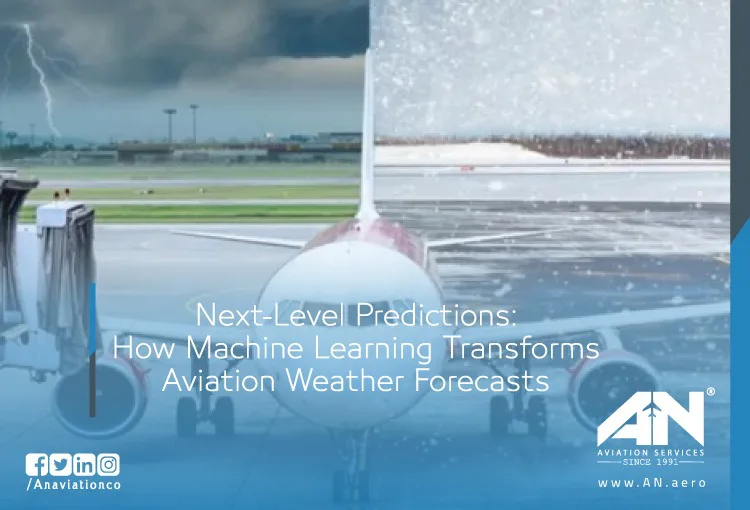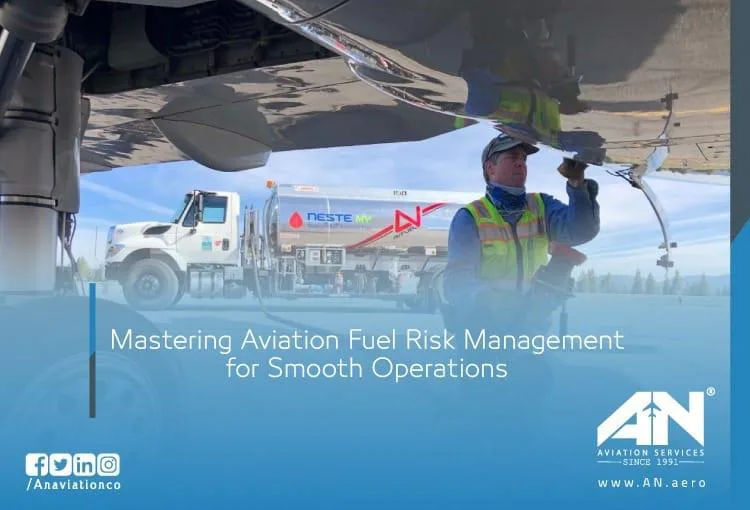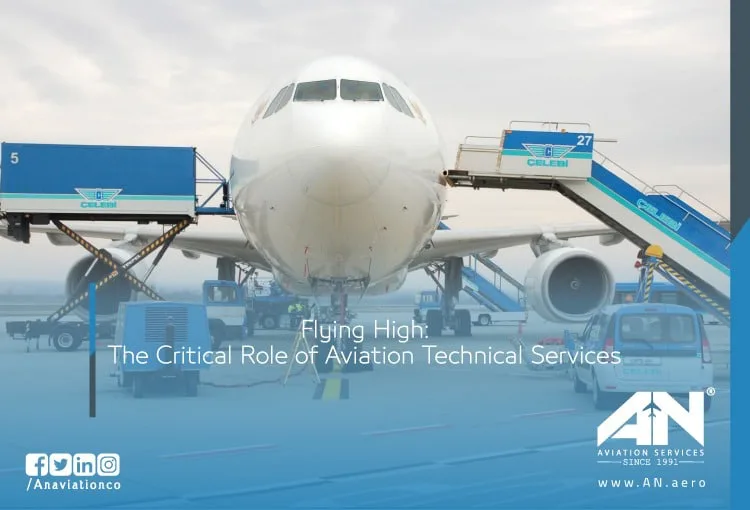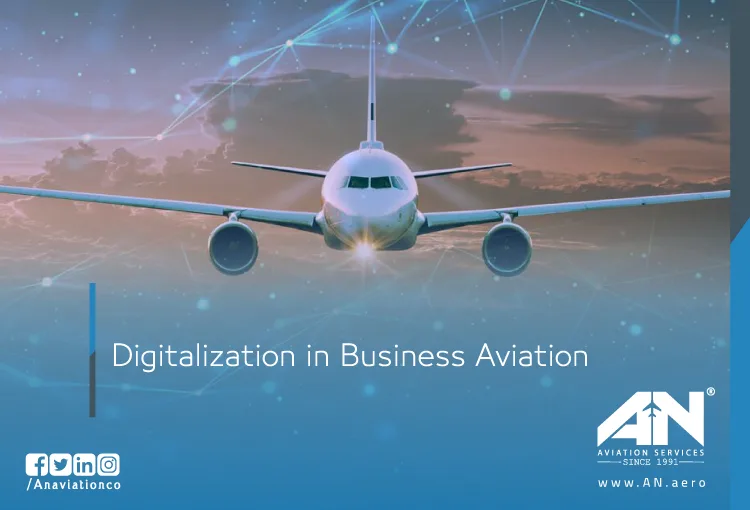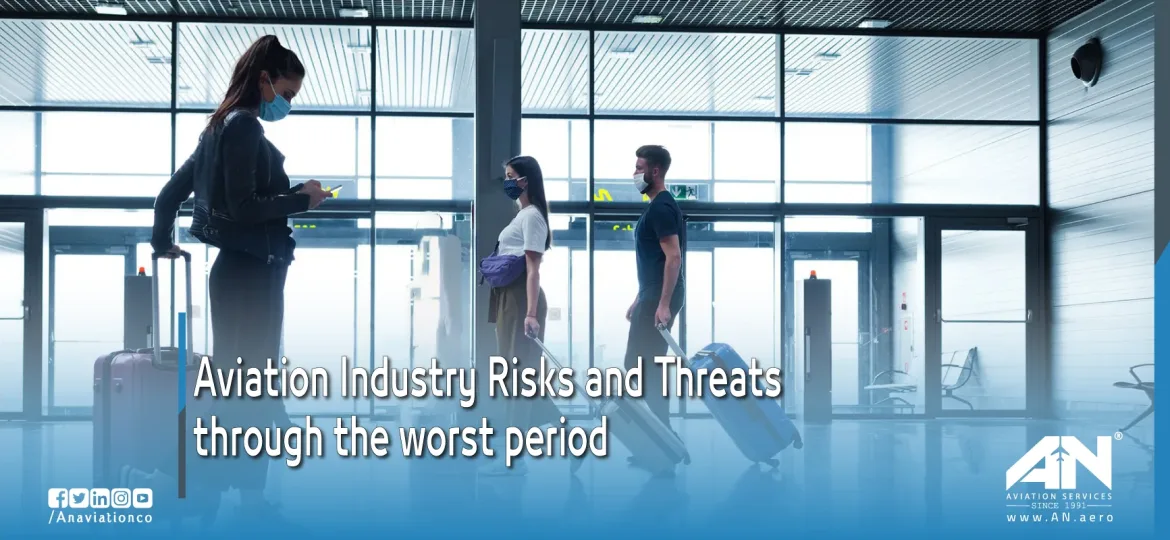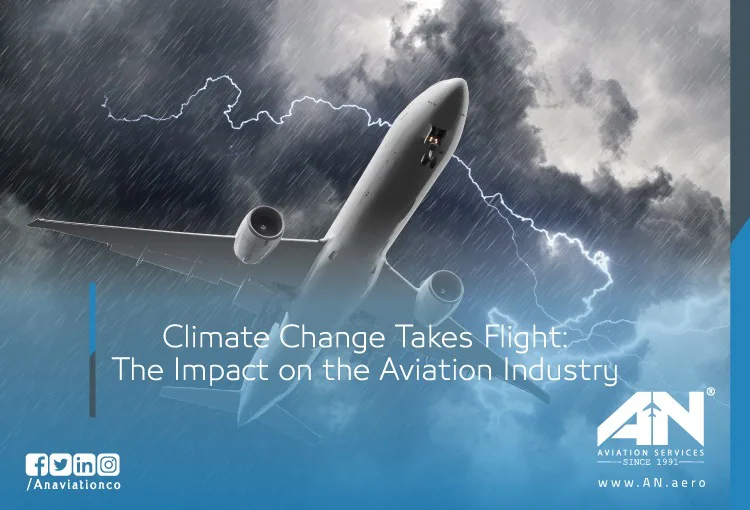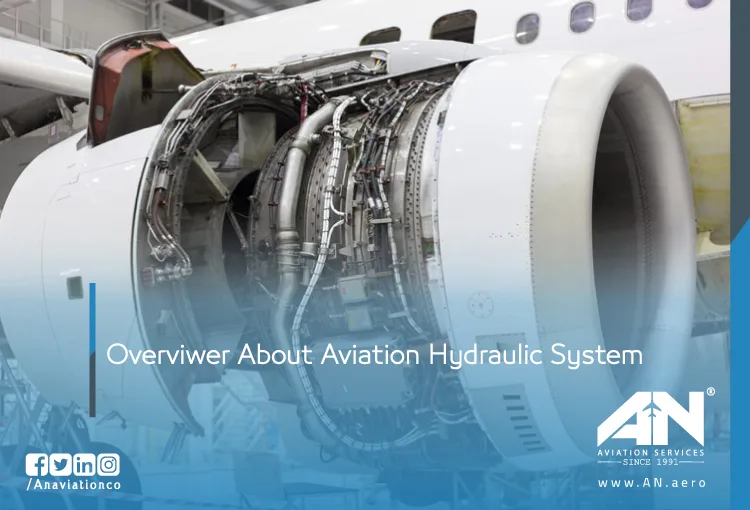Green technology in aviation refers to the implementation of environmentally friendly practices, innovations, and solutions within the aviation industry to mitigate its ecological footprint.
Aviation
In the aviation industry, where split-second decisions can make the difference between a smooth journey and potential complications, accurate weather forecasting is a core.
In the aviation industry, where precision, safety, and impeccable service are paramount, even the art of catering has embraced cutting-edge technology to meet the high expectations of passengers.
In the dynamic world of aviation, where every decision matters, accurate weather forecasts play a pivotal role. Flight safety, fuel efficiency, and passenger experience are all deeply influenced by weather conditions.
Aviation fuel, also known as jet fuel, is the lifeblood of the aviation industry. It is a specialized type of fuel designed to meet the demanding requirements of jet engines that power commercial, private, and military aircraft.
Technical services are the backbone of the aviation industry, providing essential support to ensure safe and efficient flight operations.
Digitalization also addresses two major issues in private aviation: high maintenance costs and a lack of automation. Without the aid of technology, neither of these issues can be resolved.
Old and new challenges could still stop the recovery in its tracks. With the worst behind us and an uncertain future ahead, we’ll take a look at the ten biggest aviation industry risks in the post-COVID era.
Climate change, the long-term change in Earth’s climate due to human activities such as burning fossil fuels, deforestation, and agriculture, has widespread and far-reaching impacts affecting everything from natural ecosystems to human health and well-being.
A simple hydraulic system consists of a reservoir, a pump (either hand, electric, or engine-driven), a filter to keep the fluid clean, a selector valve to control the direction of flow, a relief valve to alleviate excess pressure, and an actuator.


